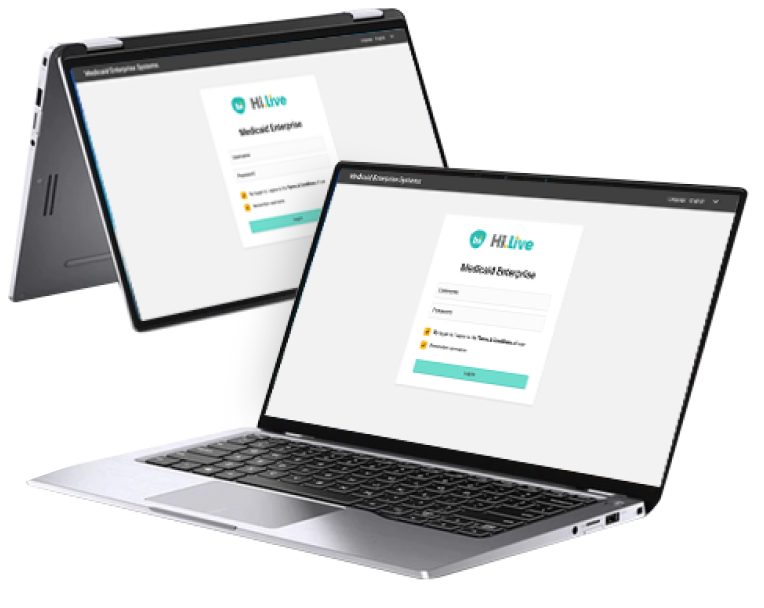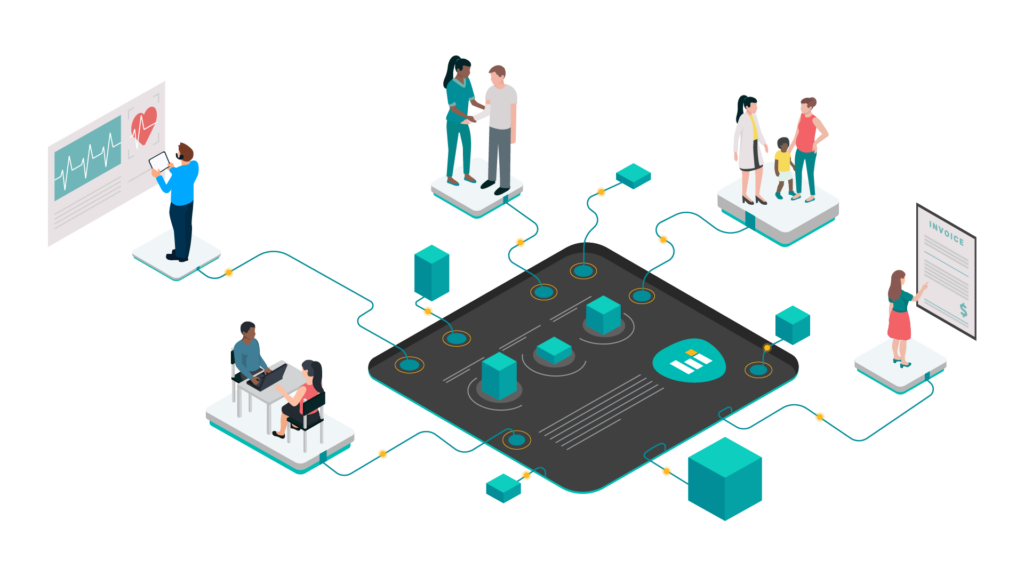Our Core is open source and free to use
Free and open-source software (FOSS) is a term used to refer to groups of software consisting of both free software and open-source software where anyone is freely licensed to use, copy, study, and change the software in any way.

FOSS maintains the software user’s civil liberty rights (see the Four Essential Freedoms, below). Other benefits of using FOSS can include decreased software costs, increased security and stability (especially in regard to malware), protecting privacy, education, and giving users more control over their own hardware.
The term “free software” does not refer to the monetary cost of the software at all, but rather whether the license maintains the software user’s civil liberties (“free” as in “free speech,” not as in “free beer”). Free software is a matter of liberty not price, and it upholds the Four Essential Freedoms.
Four essential freedoms of Free Software
To meet the definition of “free software”, the FSF requires the software’s licensing respect the civil liberties / human rights of what the FSF calls the software user’s “Four Essential Freedoms”.

The freedom to run the program as you wish, for any purpose (freedom 0).

The freedom to redistribute copies so you can help others (freedom 2)

The freedom to study how the program works, and change it so it does your computing as you wish (freedom 1). Access to the source code is a precondition for this.

The freedom to distribute copies of your modified versions to others (freedom 3). By doing this you can give the whole community a chance to benefit from your changes. Access to the source code is a precondition for this.

Benefits of FOSS over proprietary software
To meet the definition of “free software”, the FSF requires the software’s licensing respect the civil liberties / human rights of what the FSF calls the software user’s “Four Essential Freedoms”.
- Personal control, customizability and freedom
- Privacy and security
- Manufacturers of proprietary, closed-source software are sometimes pressured to building in backdoors or other covert, undesired features into their software. Instead of having to trust software vendors, users of FOSS can inspect and verify the source code themselves and can put trust on a community of volunteers and users.
- FOSS allows for better collaboration among various parties and individuals with the goal of developing the most efficient software for its users or use-cases while proprietary software is typically meant to generate profits.